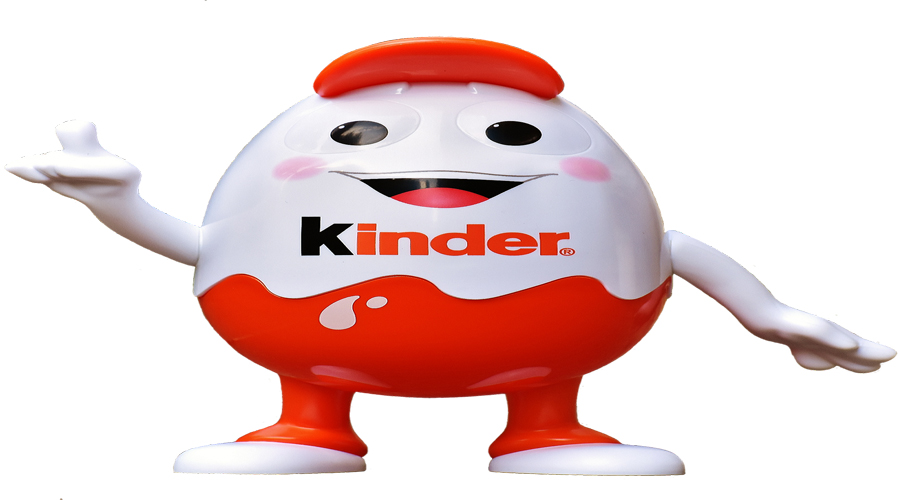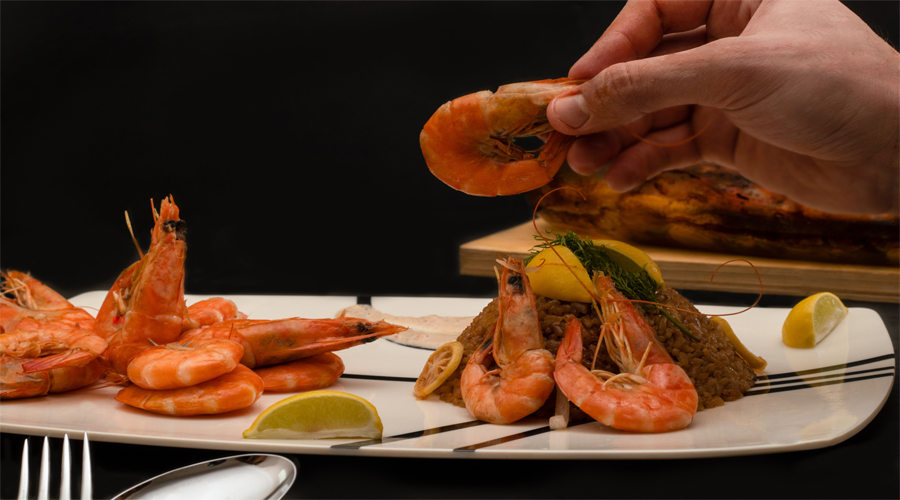Due to safety concerns regarding the inclusion of a “non-nutritive object” like a plastic capsule within a confectionery product, Kinder Surprise eggs are prohibited in the US.
As a result, Kinder Surprise eggs are considered “adulterated food” and are therefore prohibited from being imported and sold under the 1938 Food, Drug, and Cosmetic Act.
Today, we will see the post of Why are Kinder Eggs Banned In America?
Let’s see together…
Table of contact:
1. What is a Kinder Egg?
They are chocolate candies manufactured by the Italian company Ferraro and go by the name “Kinder Surprise” in their official name. The eggs are made of chocolate and have a plastic container with an assembled toy inside of them. Although it’s a common treat for kids, some adults collect the toys.
2. Why kinder egg banned?
According to Mike Milne, a spokesman for U.S. Customs and Border Protection, “Kinder eggs are prohibited just like narcotics are prohibited.” If our police come upon something illegal, it risks being seized.
The FDA issued an import alert about Kinder Surprise eggs, which encapsulates the case for maintaining the restriction. But even though most other nations find this to be sufficient, the US is adamant about keeping the ban in place. How much of a risk is this?
Although each of these deaths is tragic, it is apparent that the danger is quite low given the enormous number of Kinder Surprise toys in circulation. It should go without saying that more risky activities are still completely legal.
3. Are they banned anywhere else?
The fact that the toy was initially within the egg wouldn’t have made a difference because the majority of the other deaths were likely caused by unrelated incidents from eating the egg. Given that it is already within the egg, could a child mistake the toy for food? Perhaps. However, even for a small child, it would be difficult to make that error given the way the egg and capsule are made.
Although some people might have thought the prohibition had been removed because of these launches, this is not the case. The newly released goods were specifically created to avoid the restriction by excluding the toy from the chocolate. Even now, the original Kinder Surprise is still forbidden in the US.
The Act essentially outlaws “the sale of any confectionery that contains a toy or other object inside it. In 1997, several Kinder Surprises that had been imported illegally into the country with foreign labels were looked into by the Consumer Product Safety Commission’s employees, who then issued a recall.
4. People have tried to smuggle in Kinder Surprise eggs in the U.S.
The crew discovered that the eggs contained toys with small bits.
The staff decided that Kinder Surprise should not be allowed to be imported into the US because it was in violation of the small components policy. In Canada and Mexico, Kinder Surprise eggs are permitted; however, they cannot be imported into the United States.
A Manitoba citizen was threatened with a $300 Canadian charge by US Customs and Border Protection (CBP) in January 2011 for bringing one egg into Minnesota from the US.
Three options were presented to them: (1) a $400 per egg fine; (2) eating the eggs in front of the cops, essentially disposing of them; or (3) separating the toy from the edible chocolate coating. The couple decided to separate the candy from the toys and was given custody of them.
5. Risk and Restrictions
One reason is that kids frequently choke on other meals like grapes, hotdogs, and hard candies. Each year, almost 140 kids in the US suffocate to death on objects like these.
Children frequently choke on other foods like grapes, hotdogs, and hard candies, which is one of the causes. Nearly 140 children in the US die from suffocation from items like this every year.
In order to be consistent, someone who supports a ban on Kinder Surprise toys because of the risks they pose to children ought to likewise support restrictions on hundreds of other foods. many of which cause considerably more fatalities than Kinder Surprise toys.
Fortunately, most individuals are aware that such restrictions would be simply too burdensome. It must be even more absurd to ban Kinder Surprise eggs, which present a far lesser risk.
However, there are a couple problems with this statement. Currently, Kinder is marketed in hundreds of nations worldwide. The FDA outlawed surprise eggs in the 1970s because the toys were deemed to be a choking threat for youngsters and were concealed inside a chocolate egg shell.
Because each Kinder Joy is divided into two individually wrapped halves. one of which contains the surprise toy and the other of which is made up of two wafer balls dipped in chocolate cream, you can think of them as a safer version of the candy.



